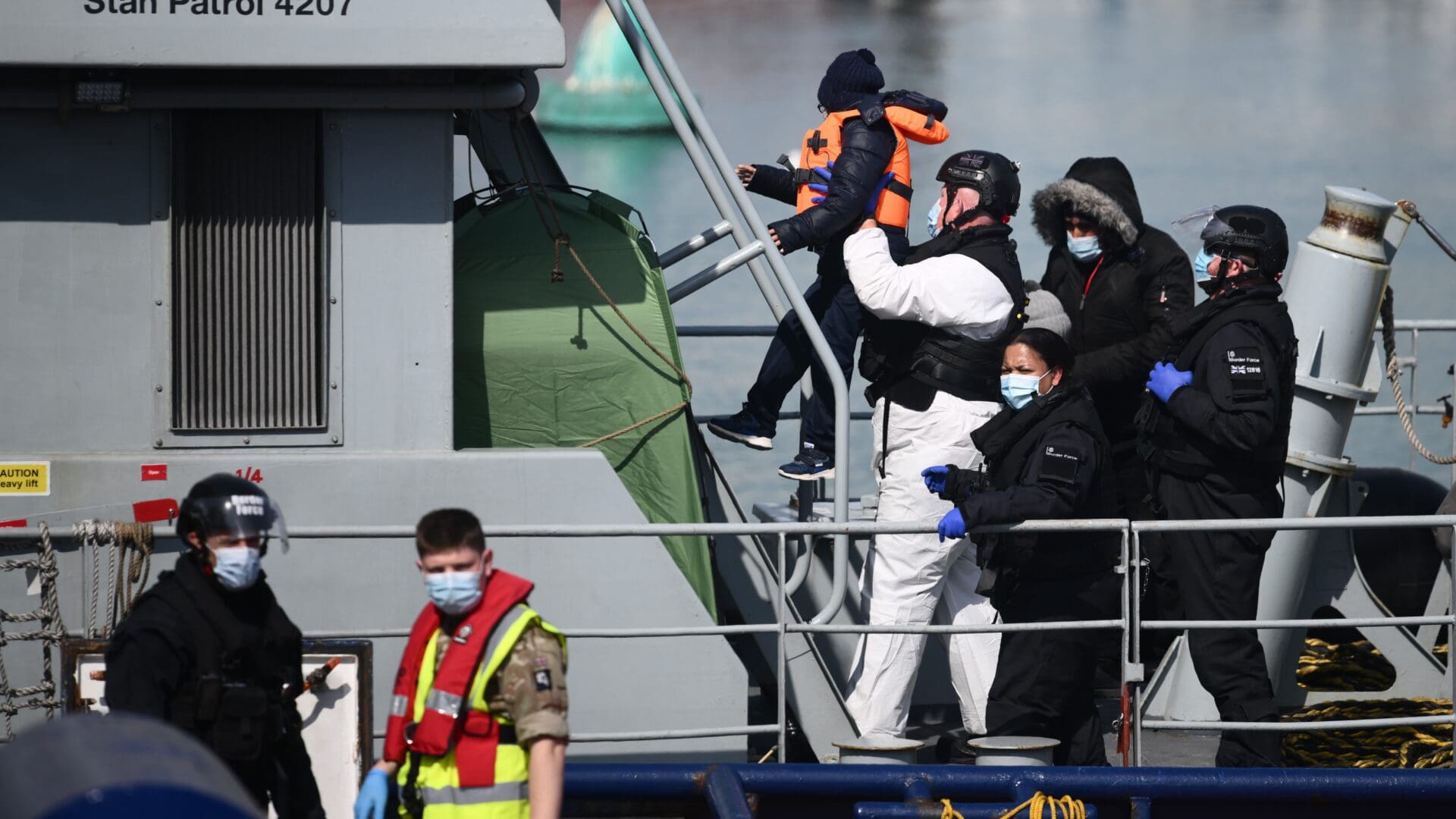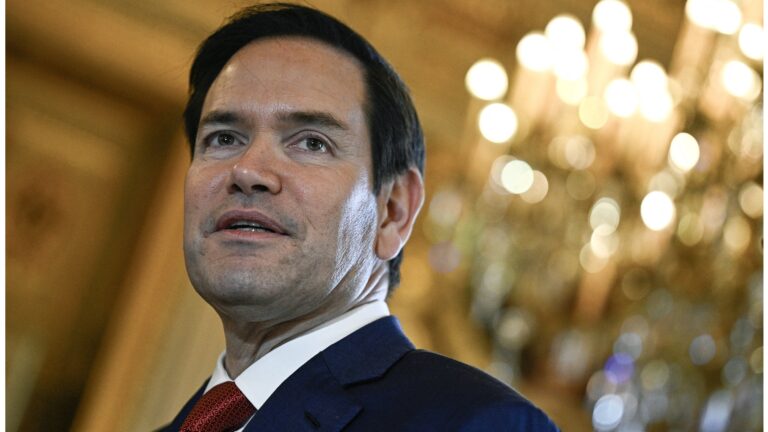Last December, the UK High court ruled that the government’s plan to deport migrants to Rwanda is lawful. The court said the scheme was not in contravention of the UN’s Refugee Convention or human rights laws.
But last Monday the same two judges who had found the deportation to be a lawful practice last year decided to allow for parts of their decision to be challenged at the court of appeal.
The ruling in the High Court on 16 January was welcomed by those challenging the judgment of last month. The judges, in response to attempts by various organisations and individuals to contest the legality of the government’s Rwanda policy, rejected five of the grounds for appeal while approving four others. The ruling determined that the organisations do not have legal standing, but accepted that the specific asylum seekers involved in the case do.
The judges approved the appeal’s continuation on the grounds whether the UK and Rwandan governments’ agreement to process asylum seekers in the East African nation provides adequate protection against the possibility of refoulement, or being forcibly transported from Rwanda to a dangerous location. Additionally, they determined that an appeal could take into account whether the Rwanda plans are punishable under the 1951 Refugee Convention and whether the policy is systematically unfair.
Deportation as Deterrence
Last April, former UK Home Secretary Priti Patel announced that the UK government would partner with Rwanda to process the applications of migrants seeking admittance to the United Kingdom. The British government would deports those who arrived in the country illegally to the East African country. The conservative government argues that its Rwanda deportation strategy will help deter migrants from crossing the Channel and will also put an end to the smuggling networks. The UK would pay Rwanda £120 million over the next five years to finance the scheme which has been backed by ex-Prime Minister Boris Johnson, his successor Liz Truss and current leader Rishi Sunak, along with most of the ruling Conservative party.
The first flight to Rwanda was set to take off on June 14, but the European Court of Human Rights intervened in the last minute, and since then legal challenges have stalled the program. The plan has plenty of critics in the United Kingdom as well, including refugee rights groups, international agencies, British lawmakers on both sides of the House of Commons, the head of the Anglican church and some Rwandan opposition politicians.
EU Countries Face Similar Dilemma
While the Rwanda policy is deemed immoral by many, quite a few commentators agree that it would be an effective solution. Keeping migrants arriving from other continents away from Europe in a third country has in fact been already put into practice with the 2016 deal between Turkey and the European Union. The issue with such schemes is that, if implemented at all, they are short-term expedients.
The Hungarian government is of the opinion that illegal migration should be stopped, and not managed. As opposed to that, many EU countries are working to devise short-term solutions to the problem, instrad of tackling the issue head-on. It is becoming more and more obvious that, in the face of a deteriorating crisis, the freedom of movement of European individuals, which is so crucial to the European idea, is now at risk. The EU will eventually have to accept the fact that although it is understandable that economic migrants want a better life, European nations can simply not accommodate everyone who wishes to live in their countries. The current migration policy that prioritises redistribution over deterrence only exacerbates the now massive migration problem and is opposed by a growing number of EU citizens. The continent’s current migration flows benefit from the continent’s virtually open borders, as only few countries have established severe immigration regulations.








